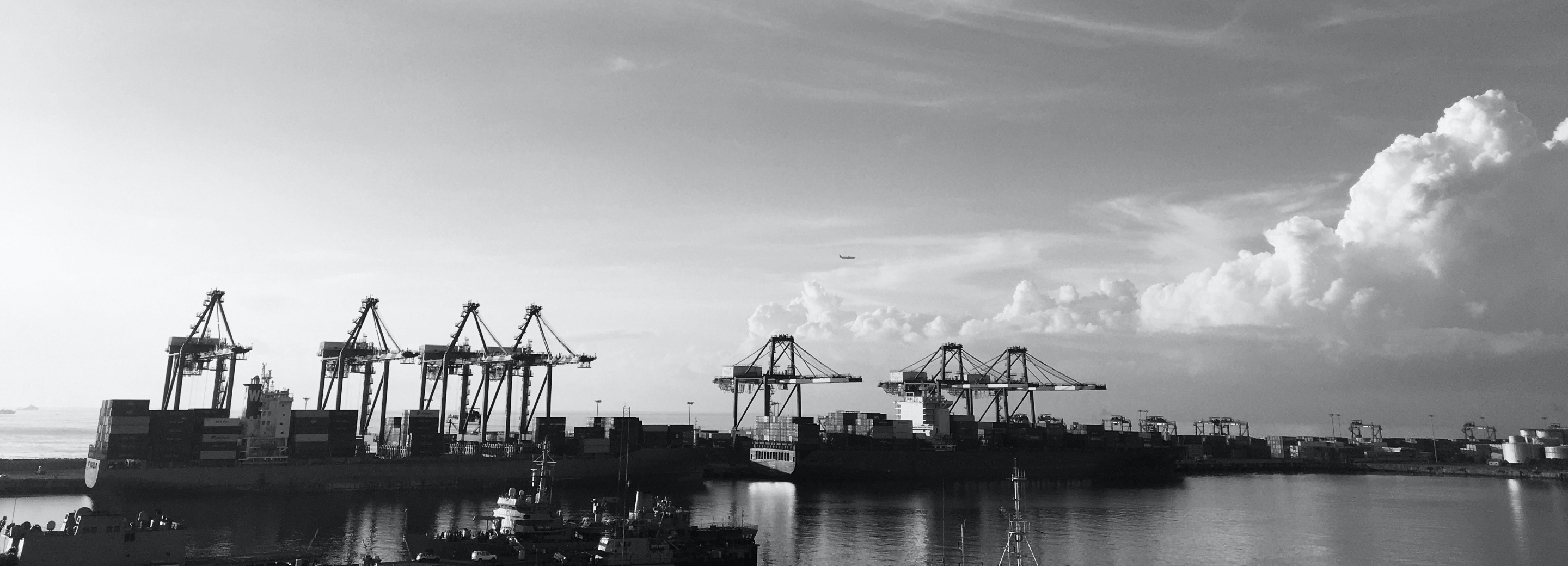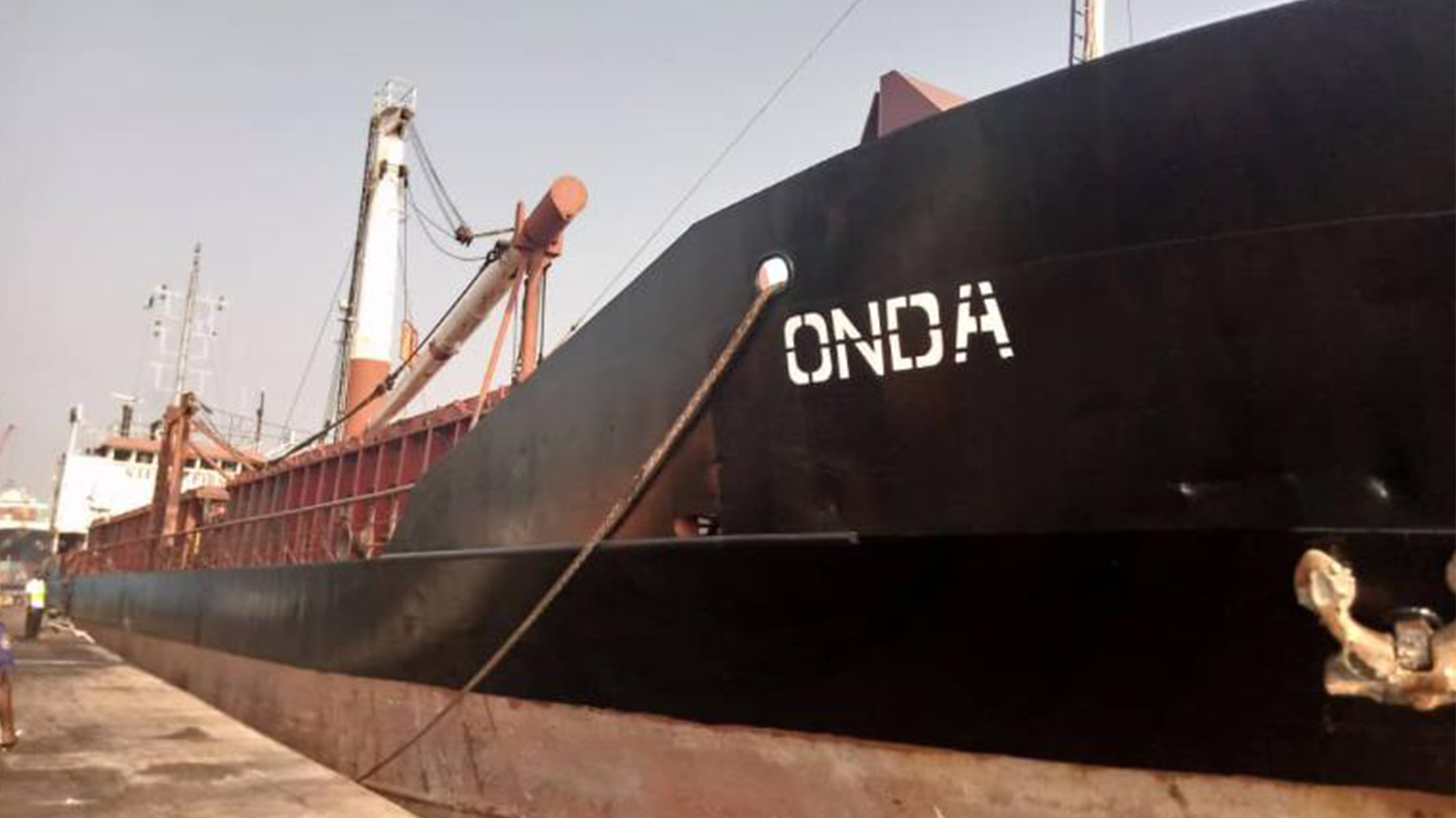
The ITF has added seven countries to its list of flags of convenience. These are countries which take registration fees but then typically avoid any of the responsibilities that go with being a flag state.
The majority of ship registrations in the newly added states are taken from owners with no link whatsoever to that country. They are exploiting a loophole in international law so they can employ cheap labour and avoid taxes.
“What flags of convenience countries do is morally irresponsible,” said David Heindel, chair of the ITF Seafarers’ Section. “They all take the registration fees but do not have the will or the means to ensure the wellbeing of the seafarers who operate the vessels. The crew-change crisis is the perfect example of the havoc the FOC system creates. When becoming a flag state, a large responsibility must be accepted along with it. Ticking the boxes is not being responsible. Too many seafarers end up suffering so that ship owners can trim a few dollars from their crew cost.”
Abandonment cases made worse
One major example where seafarers suffer in this dysfunctional system is when ships are abandoned by their owners. If a shipping company goes bust or cannot pay its bills it will struggle to look after the seafarers on its ships. Crew members may find themselves trapped on board for months or even years, while legal wrangles continue. Sometimes no-one thinks to provide them with basics like food, water and fuel. Recent examples of suffering because of abandonment can be found here, here and here.
The ITF and its team of 134 coordinators, inspectors and union contacts, continue to assist seafarers in these types of situations. They make sure they have basic amenities, work to get the seafarers home and recover unpaid wages. But all too often they find the flags of convenience scheme gets in the way.
“For more than 70 years the ITF has fought against this crazy system,” said Steve Trowsdale, the ITF Inspectorate Coordinator. “Many flags of convenience countries (including four of the newly listed) ratify the Maritime Labour Convention which is designed to protect seafarers. But in practice, those countries simply ignore the MLC, even when we write to them demanding action.”
Genuine link
The ITF fully supports the United Nations Convention on the Law of the Sea (UNCLOS) position that there should be a genuine link between the ship owners and the country they register their ships in. However, with the vested interests involved, it is proving hard work to get ship owners and flags of convenience to adopt the genuine link principle.
In the meantime, the ITF’s inspectorate works tirelessly to promote and protect the rights of seafarers where neither ship owners nor flag states are prepared to meet their obligations.
The ITF’s Fair Practices Committee has endorsed the addition of seven more countries (flag states) to its list of designated Flag of Convenience (FOC) registries. The full list can be found here. The flags to be added are:
- Cameroon
- Cook Islands*
- Palau*
- Sierra Leone
- St Kitts & Nevis*
- Tanzania (Zanzibar)
- Togo*
(* = have ratified the Maritime Labour Convention)
END
About the ITF: The International Transport Workers’ Federation (ITF) is a democratic, affiliate-led federation recognised as the world’s leading transport authority. We fight passionately to improve working lives; connecting trade unions from 147 countries to secure rights, equality and justice for their members. We are the voice for nearly 20 million working women and men in the transport industry across the world.
Media contact: media[at]itf.org.uk
